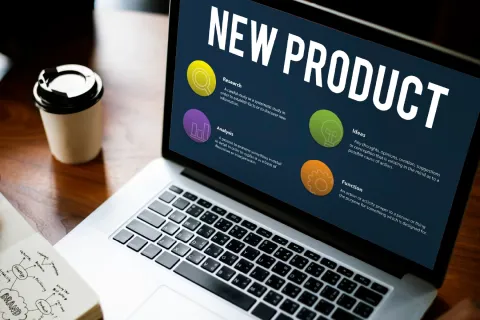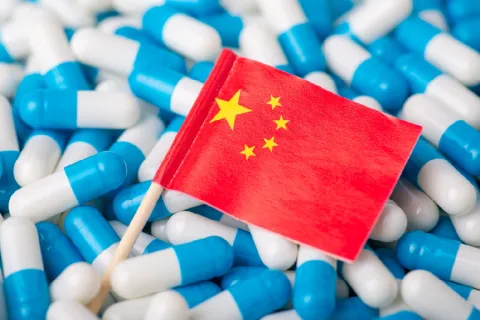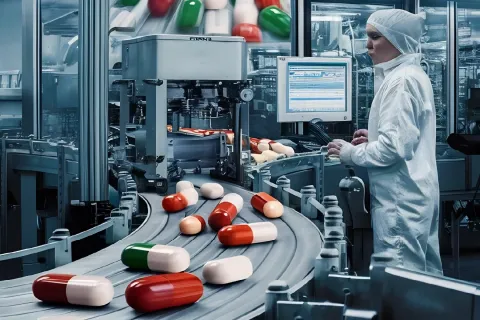
South Korea is a rapidly growing pharmaceutical market with a well-established regulatory framework governed by the Ministry of Food and Drug Safety (MFDS). However, foreign pharmaceutical companies often face complex MFDS regulations when entering the market. Understanding these challenges and developing a strong regulatory submission strategy is essential for successful market entry.
Here are six key regulatory challenges and strategies to overcome them:
1. Registration of Overseas Manufacturing Facilities
Foreign manufacturers must register their facilities with the MFDS before import declaration. This process involves strict compliance with MFDS regulations, detailed documentation, and adherence to Good Manufacturing Practices (GMP).
How to Overcome It:
- Ensure early registration through the MFDS online platform.
- Maintain comprehensive documentation to meet MFDS regulatory submission requirements.
- Collaborate with local regulatory experts to streamline the submission process and prevent delays.
2. Approval-Patent Linkage System
South Korea’s Approval-Patent Linkage System aims to balance pharmaceutical patent protection with the entry of generic drugs. This system can be challenging for foreign companies navigating intellectual property rights.
How to Overcome It:
- Conduct a thorough patent landscape analysis before market entry.
- Engage in early discussions with legal and MFDS regulatory submission experts.
- Develop strategies for patent negotiations or legal proceedings if necessary.
3. Data Protection Regulations
South Korea enforces strict data protection laws for proprietary information submitted for drug approvals. Any data breach or non-compliance can lead to regulatory challenges.
How to Overcome It:
- Understand data exclusivity rules and timelines under MFDS regulations.
- Implement strong internal data protection measures to prevent unauthorized disclosures.
- Consult with regulatory specialists to ensure compliance while protecting proprietary data.
4. GMP Requirements
Good Manufacturing Practice (GMP) certification is mandatory for all pharmaceutical products entering South Korea. The Ministry of Food and Drug Safety (MFDS) often conducts inspections and audits to ensure compliance.
How to Overcome It:
- Ensure manufacturing facilities meet Korean GMP standards.
- Conduct internal GMP compliance checks in preparation for MFDS audits.
- Seek guidance from GMP-certified consultants for audit readiness.
5. Labeling and Language Requirements
All pharmaceutical products must comply with MFDS regulations for labeling, including the requirement for Korean-language labels. Inaccurate labeling can delay market approvals.
How to Overcome It:
- Work with regulatory professionals to ensure MFDS-compliant labeling.
- Translate and verify product labels for accuracy before submission.
- Stay updated on any labeling regulation changes to avoid compliance issues.
6. Clinical Trial Data and Bridging Studies
The Ministry of Food and Drug Safety (MFDS) may require local clinical trial data or bridging studies to confirm the efficacy and safety of pharmaceutical products for the South Korean population.
How to Overcome It:
- Plan for local clinical trials or bridging studies as part of the MFDS regulatory submission strategy.
- Partner with Korean research institutions or contract research organizations (CROs) to facilitate trials.
- Ensure clinical trial data aligns with MFDS regulations for a smooth approval process.
Partner with Freyr for Regulatory Success
Successfully navigating South Korea’s MFDS regulations requires a well-planned regulatory submission strategy. Freyr Solutions specializes in regulatory affairs, offering expert guidance to help pharmaceutical companies ensure compliance and achieve market success.
Need assistance with South Korea’s regulatory landscape? Connect with Freyr Solutions today!









